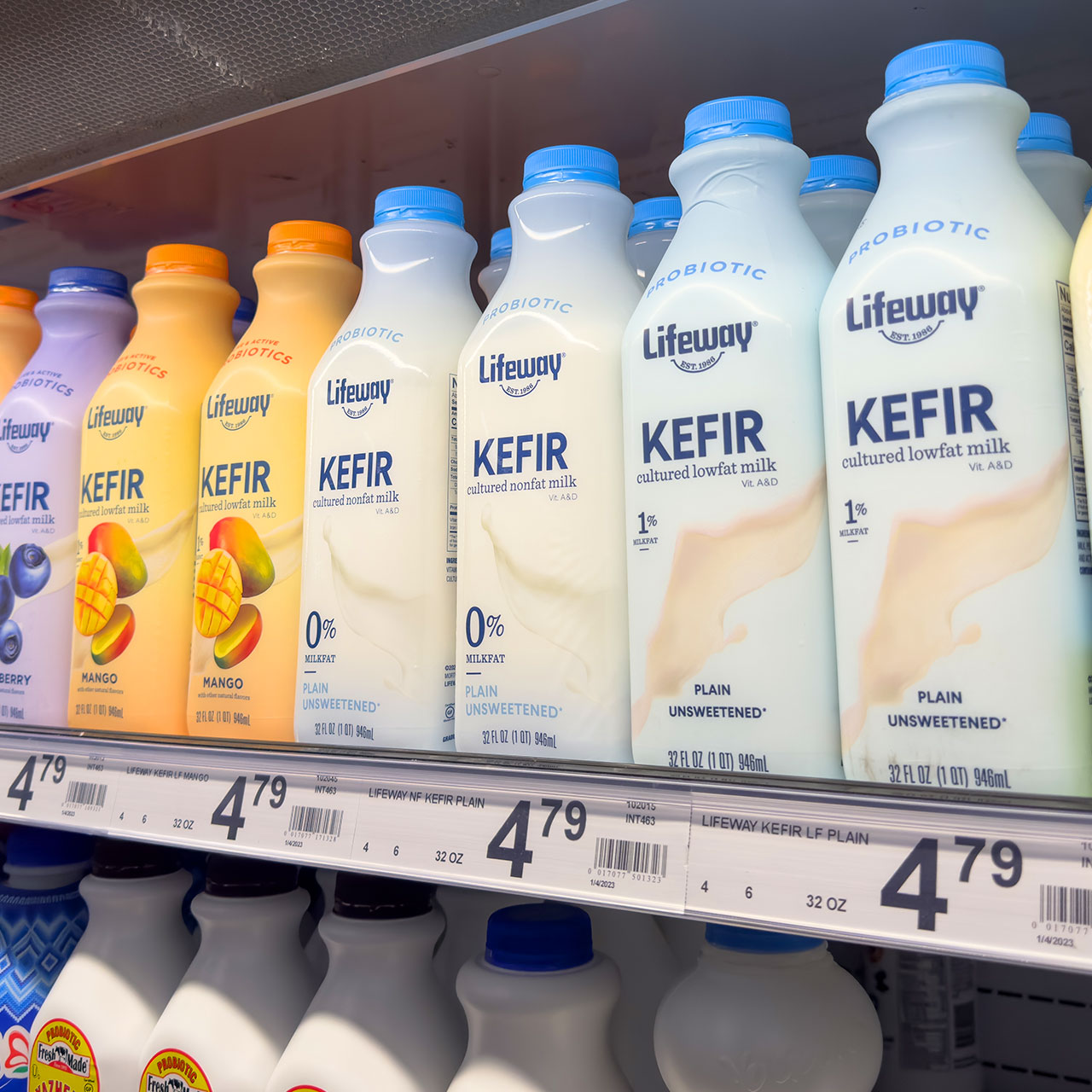In the modern world of health and wellness, dietary choices have taken center stage as individuals navigate an array of options to optimize their well-being. From ketogenic and Mediterranean to plant-based and intermittent fasting, the diverse range of diets reflects the dynamic nature of nutritional preferences. As people age, the significance of dietary decisions becomes even more pronounced, with certain approaches proving beneficial for those over 50.
We spoke with Krutika Nanavati, a registered dietitian and nutritionist, to learn about four different types of diets you should consider if you’re searching for a diet that suits your needs in 2024. Nanavati revealed that the Mediterranean diet, DASH diet, flexitarian diet, and MIND diet are the ones to look into.


Mediterranean Diet
Rooted in the traditional eating patterns of countries bordering the Mediterranean Sea, this diet emphasizes whole foods, rich in fruits, vegetables, nuts, legumes, and olive oil. Incorporating lean proteins like fish and poultry, along with moderate consumption of dairy and red wine, the Mediterranean diet provides a well-rounded and heart-healthy approach to nutrition.
Nanavati says, "Extensive research links the Mediterranean diet to numerous health benefits, including weight management, reduced risk of cardiovascular disease, improved cognitive function, and increased longevity. They include whole, unprocessed foods like fruits, vegetables, legumes, whole grains, nuts, seeds, and healthy fats like olive oil. Moderate portions of fish, seafood, dairy, eggs, and poultry are also included. Red meat and processed foods are limited."

DASH Diet
The DASH (Dietary Approaches to Stop Hypertension) Diet stands as a commendable approach to nutrition, particularly for those aiming to manage or prevent hypertension. Emphasizing a balanced intake of fruits, vegetables, lean proteins, and whole grains, the DASH Diet aims to reduce sodium consumption, a key factor in controlling blood pressure.
Nanavati says this diet "effectively reduces blood pressure, improves heart health, and manages weight. [It] lowers blood pressure by emphasizing fruits, vegetables, whole grains, lean protein, and low-fat dairy; [and] limits saturated and trans fats, red meat, sugary drinks, and sodium."

Flexitarian Diet
The flexitarian diet, a flexible and plant-centric approach to eating, has gained popularity for its emphasis on plant-based foods while allowing for occasional inclusion of meat. By prioritizing fruits, vegetables, whole grains, and legumes, the flexitarian diet offers a rich source of essential nutrients, fiber, and antioxidants.
Nanavati highlights that this diet "promotes weight management, reduces cancer risk, and improves gut health. It offers the flexibility to enjoy occasional animal protein. Although primarily plant-based, a flexitarian diet also incorporates occasional consumption of meat, poultry, and fish; while encouraging whole foods, fruits, vegetables, legumes, and whole grains."

MIND Diet
The MIND Diet, a hybrid of the Mediterranean and DASH diets, has gained recognition for its potential cognitive benefits, making it particularly noteworthy for individuals over 50. Designed to promote brain health and reduce the risk of neurodegenerative conditions like Alzheimer's disease, the MIND Diet emphasizes the consumption of brain-boosting foods such as berries, leafy greens, nuts, and whole grains.
"A hybrid of the Mediterranean and DASH diets, it's specifically designed to promote brain health and reduce the risk of dementia. It emphasizes leafy green vegetables, berries, nuts, olive oil, fish, and whole grains, while limiting red meat, saturated fat, and processed foods," she says. Nanavati further adds that it "may slow cognitive decline and protect against Alzheimer's disease and other types of dementia and is suitable for people over 50 seeking to prioritize brain health alongside overall well-being."


























